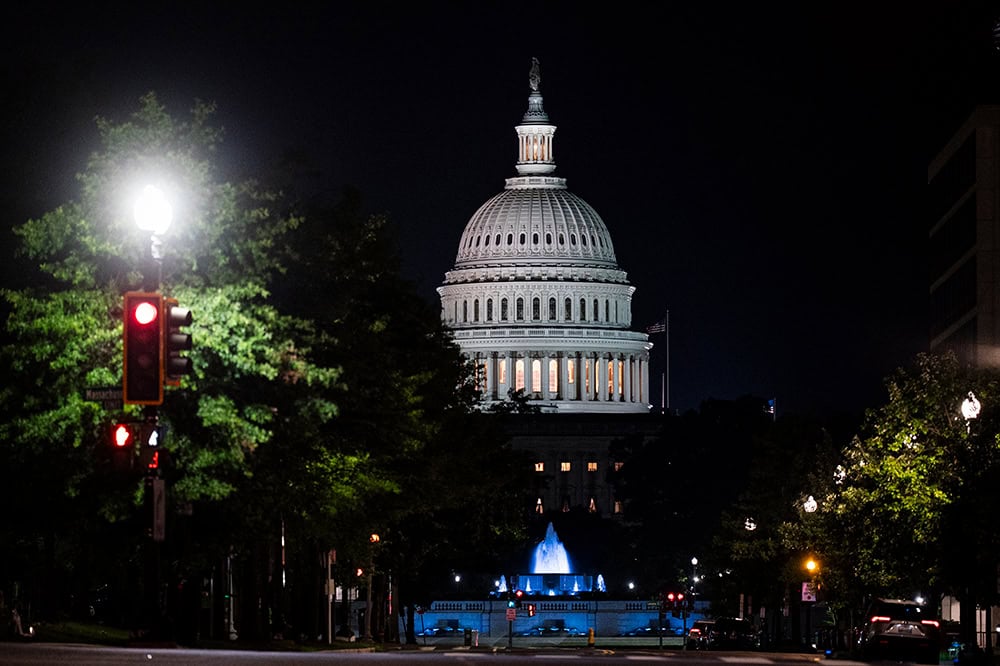Peterson Foundation Statement on the TRUST Act

NEW YORK — Michael A. Peterson, CEO of the Peter G. Peterson Foundation, commented today as lawmakers consider including bipartisan budget reform legislation as part of the next package of relief to help the nation recover from the health and economic effects of COVID-19.
The TRUST Act would create a bipartisan process to find solutions that address the insolvency of major Trust Funds — including the Highway Trust Fund, the Medicare Hospital Insurance Trust Fund, the Social Security Disability Insurance Trust Fund, and the Social Security Old Age and Survivors Trust Fund.
Peterson said:
“There’s nothing that matters more right now to our physical, fiscal and economic health than defeating this virus, but it’s also important that we acknowledge that our long history of irresponsible budgets has left our nation poorly prepared and insecure.
“Our Trust Funds are supposed to provide stable financial support to critical national priorities, yet the unfortunate truth is that they are fragile and unsustainable due to many years of bipartisan fiscal mismanagement. Absent reform, these important programs will face massive and sudden cuts, which would have a devastating impact on vulnerable Americans and other important programs that fund healthcare and infrastructure for our nation. Sadly, the current economic crisis has only made a bad situation worse.
“The proposed process under the TRUST Act would not undermine the current emergency or recovery in any way, as it would simply set up bipartisan commissions to recommend reforms over the coming decades. Having both parties come together to address systemic flaws in a sensible, long-term approach is exactly what our lawmakers should be doing. These measures would enhance our nation’s preparedness and stability, not reduce it.
“The coronavirus pandemic is a devastating national emergency, and lawmakers should continue to help support Americans and the economy through fiscal stimulus. At the same time, the TRUST Act, and the bipartisan and bicameral support for it, are positive signs of leadership during these difficult times. We need to go full steam ahead to overcome this virus and get our economy back on track, but there’s no reason we can’t also expect our leaders to take some basic steps to secure our fiscal future, which would help position our nation for better preparedness and greater prosperity in the future.”
# # #
Further Reading
What Are Interest Costs on the National Debt?
Interest costs are on track to become the largest category of spending in the federal budget.
The One Big Beautiful Bill Act Is the Most Expensive Reconciliation Package in Recent History
This week, lawmakers in Congress approved reconciliation legislation that will add trillions of dollars to America’s already unsustainable fiscal trajectory
Healthcare Costs Are a Major Driver of the National Debt and Here’s the Biggest Reason Why
One of the largest drivers of that rising debt is federal spending on major healthcare programs, such as Medicare and Medicaid.


